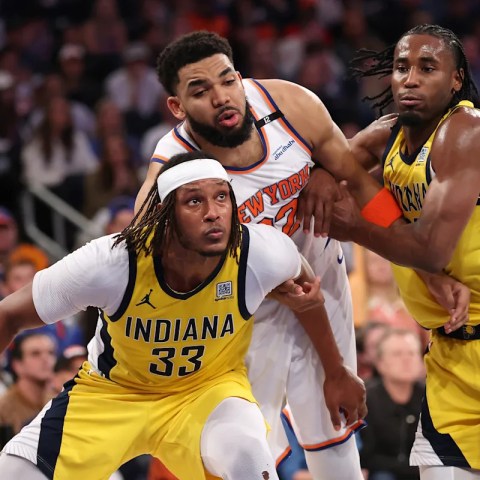A federal judge recently ruled that Mahmoud Khalil, a Columbia University activist, cannot be deported or detained by the Trump administration for now. This decision is based on claims made by U.S. Secretary of State Marco Rubio, who argues that Khalil poses a national security risk.
The judge’s preliminary injunction will remain in effect until the government has a chance to appeal. Khalil’s wife, Dr. Noor Abdalla, expressed relief at the ruling in a statement from the American Civil Liberties Union (ACLU), one of the organizations working on his case.
Rubio invoked a section of the Immigration and Nationality Act of 1952, asserting that he can decide whether Khalil should stay in the country. The judge, Michael Farbiarz, found that this determination alone is not enough for Khalil to be detained or deported.
Khalil, a vocal participant in protests against the Gaza war last year, was arrested in March. Since then, he has been fighting the government’s claims that he has ties to Hamas, a group designated as a terrorist organization. Khalil has vehemently denied these accusations, calling them “grotesque and false.”
In his ruling, Judge Farbiarz noted that Khalil’s free speech rights are being harmed and that this could lead to lasting damage to his reputation. He argued that Khalil’s detention is mostly driven by Rubio’s determination rather than any solid legal grounds.
The Department of Homeland Security has also suggested that Khalil improperly completed his residency application. However, the judge pointed out that such cases rarely lead to detention, indicating that the rationale for this case is questionable.
This ruling is significant. It could have implications for similar cases involving activists and their rights to protest. Khalil’s legal team continues to advocate for his immediate release so he can return to his family in the U.S.
Khalil is among many activists facing scrutiny in this political climate, especially following heightened tensions around protests related to the Israel-Hamas conflict. Recent reports indicate that such protests have drawn attention from the federal government, with universities like Columbia and Harvard being specifically targeted.
Understanding how these events reflect broader social dynamics is crucial. As protests continue, many are asking how freedom of speech is being interpreted and if political motivations are influencing legal decisions. The conversation is ongoing, and many are watching closely.
Source link






















